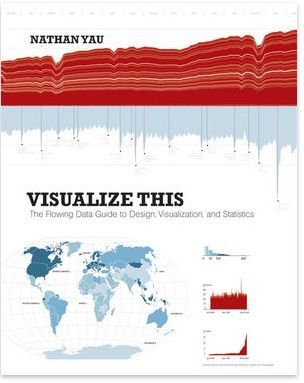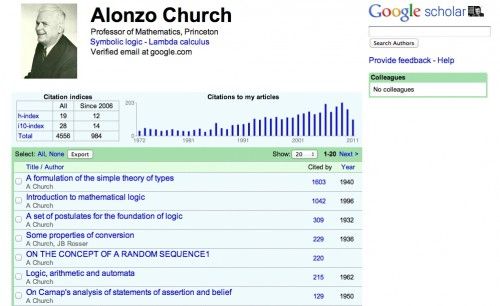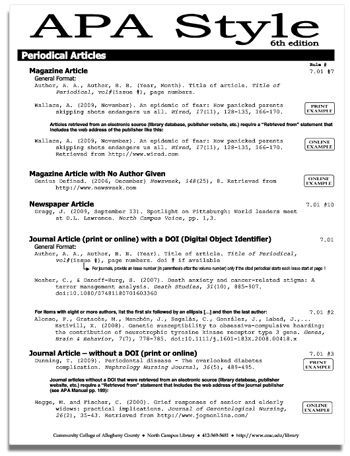
In July Wiley published the book Visualize This – The Flowing Data Guide to Design, Visualization and Statistics . The book is written by Nathan Yau , and he is of course also behind the popular FlowingData blog about the same topic. This is a short review of the book. Please keep in mind that I’m no expert in data visualization.



